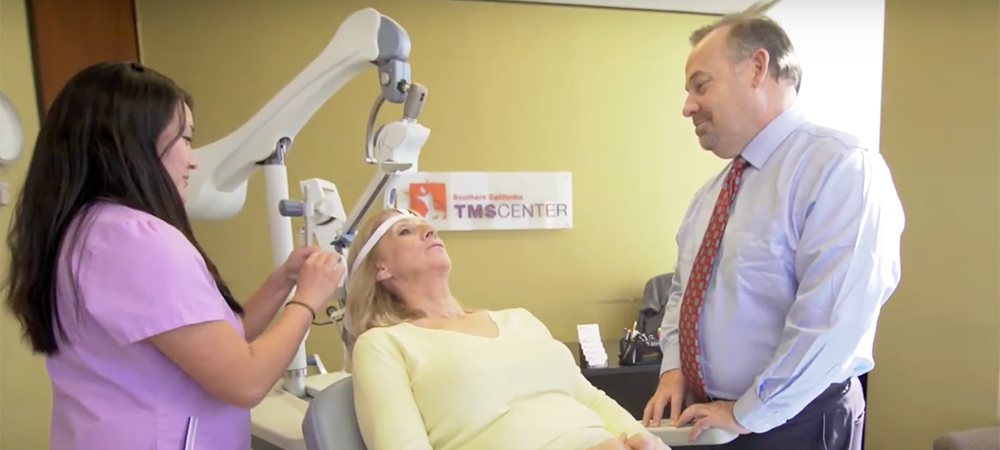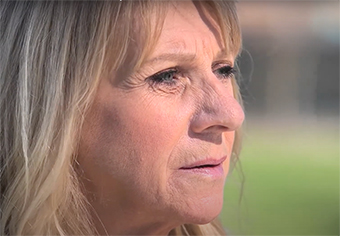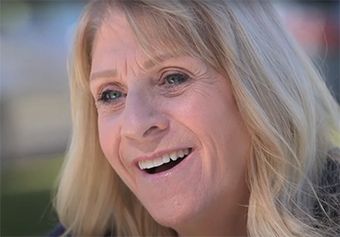“I’m no longer suffering from depression” Carol reflects following NeuroStar TMS

NeuroStar Transcranial Magnetic Stimulation (TMS therapy) can help people recover a sense of hope and agency after years of struggling with depression. As more research highlights the results of TMS, and people expand their mental health awareness, many people are finding ways to enjoy life again.

This article shares Carol’s story of depression and post-TMS life. Carol is an architect, a newlywed, sailor, and pet owner who shared her story with us.
Carol was curious about NeuroStar TMS after 18 months of intense depression
Carol remembers a time when she was happy, before long periods of depression. “I had grown up very active. I was busy. I swam competitively and I was happy.” At some point, that feeling faded and so did Carol’s zest for life.
She describes these long periods of depression with a metaphor. “It was like the sun wasn’t shining. It was gray and cloudy. I knew something was wrong but I also knew it wasn’t supposed to be that way.”
At the time, Carol was 19. As people with depression know, this mood disorder is not a fleeting feeling. Many young women with depression feel a need to put on a game face, as another TMS NeuroStar patient expresses.
After success with various medications throughout her life, Carol hit another bumpy patch. Before seeking NeuroStar TMS, she endured 18 hard months where she “[…] was having trouble functioning at all levels.”
When she saw information about NeuroStar, Carol thought, “I’ve got nothing to lose. They’ve already done the studies, they know it’s safe. I can try NeuroStar and if it works, I’m where I want to be, and if it doesn’t work then, you know, what have I lost?”
After NeuroStar TMS, Carol “[…] started to feel happier” as depression lifted
Some people experience depression for years before asking for help, even though it is possible to get help for depression with NeuroStar TMS. Within a couple of weeks, Carol reflects how she “[…] started to feel happier.”
That gray cloud was no longer following her. As she describes, “There were days when the sun was shining. And then there were more days when the sun was shining. I was happier at work. I was enjoying my life. I was interacting with my husband better. I had the energy to pick up the phone and call my friends and see what was going on with them.”
This increase in social interactions is something that many patients notice feeling again after NeuroStar therapy. Meaningful social connections can also help ease depression, and in Carol’s own words, “NeuroStar therapy is one more thing to add to your arsenal along with your exercise and your therapy.”

Carol wants other people with depression to know that it can get better. “Don’t just say ‘it’s never going to be any better.’ Use the resources that are out there.” Learn more about what it is like to receive treatment with NeuroStar TMS and watch Carol share her story.
For TMS therapy in Redding, schedule an appointment
TMS is available at Psychiatric Care Center in Redding. We are the only psychiatric center to offer TMS Neurostar in Redding and the greater Redding area.
To learn more about TMS, you can request an appointment or call (530) 221-7474 to speak with a healthcare professional.





